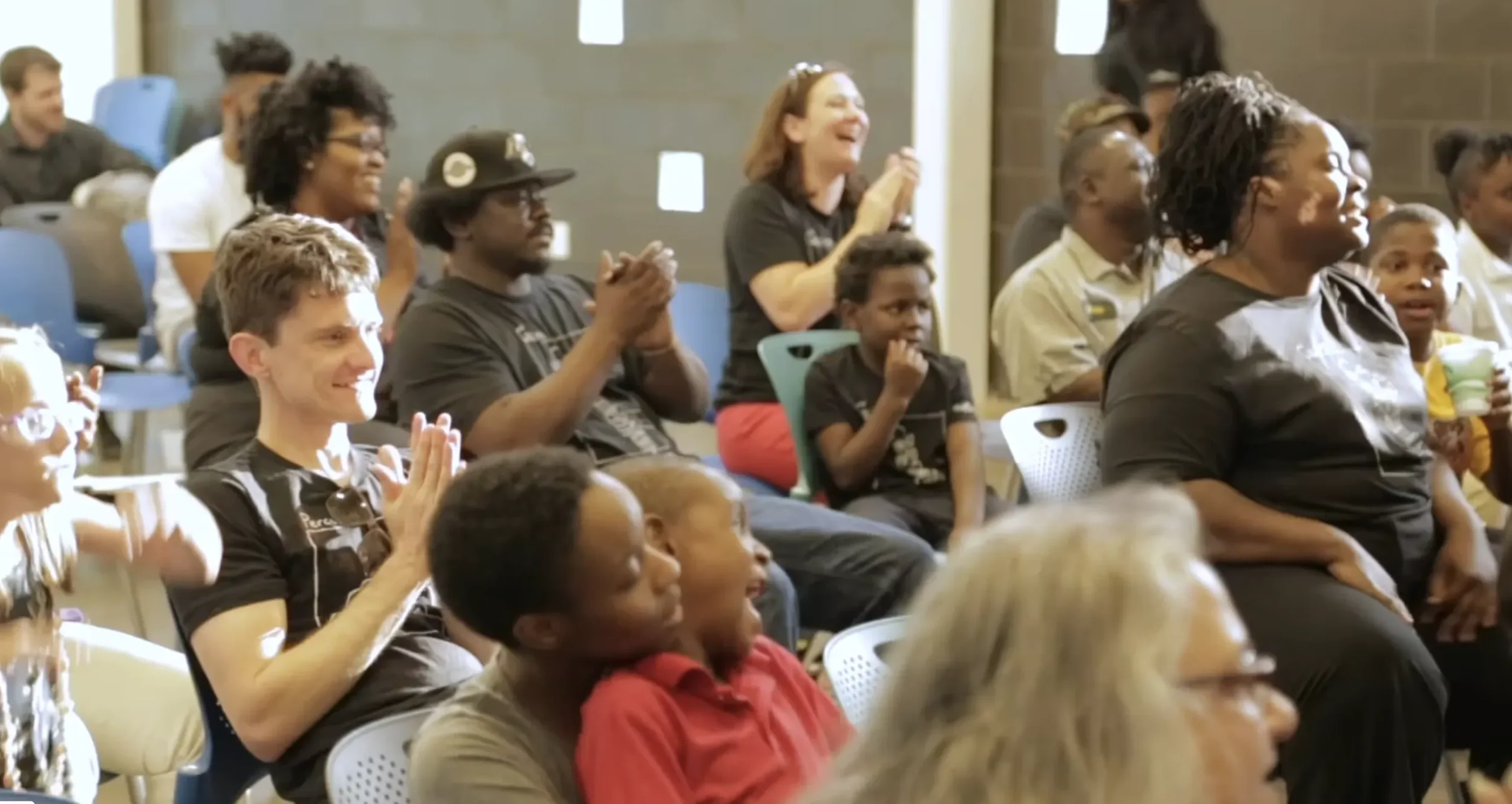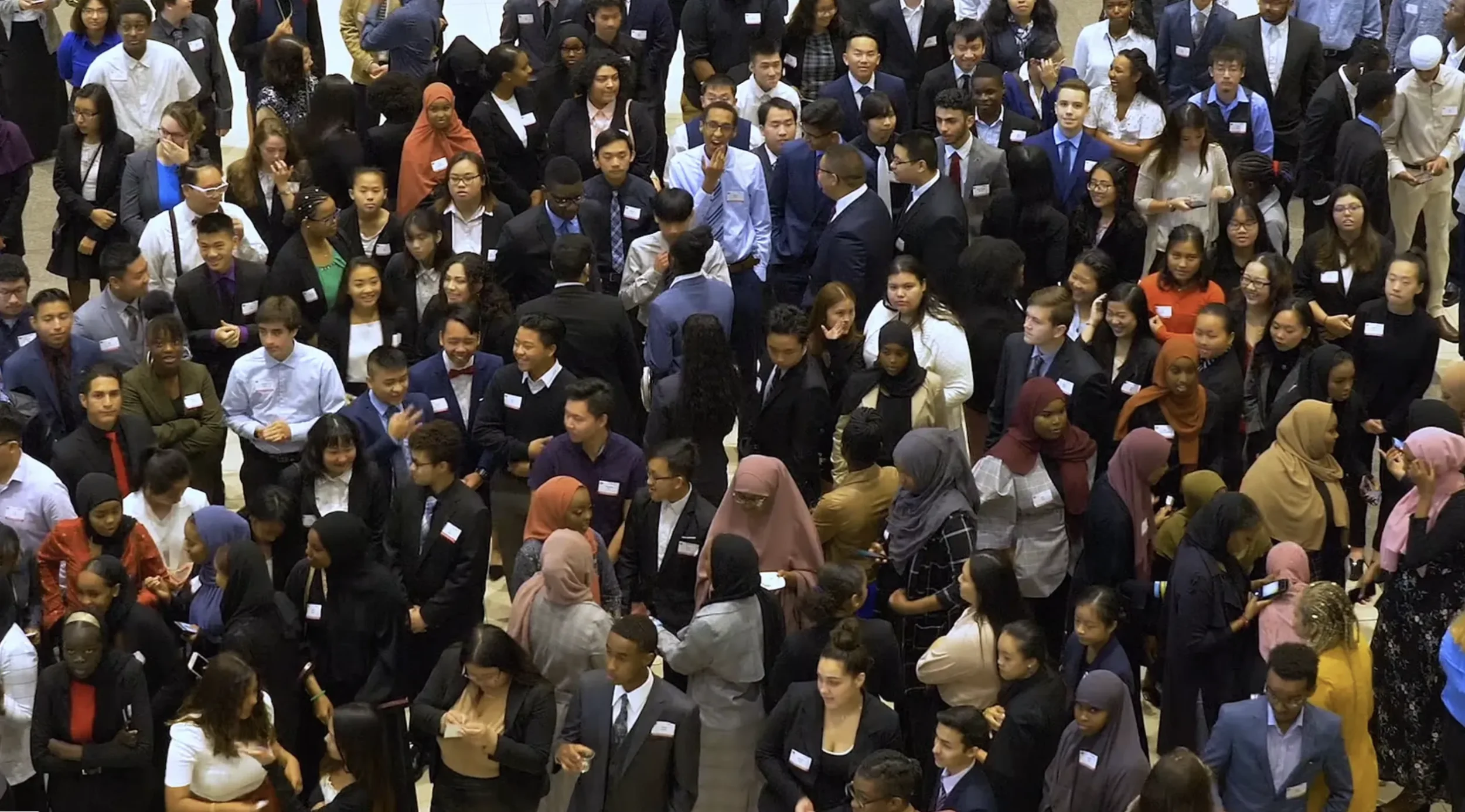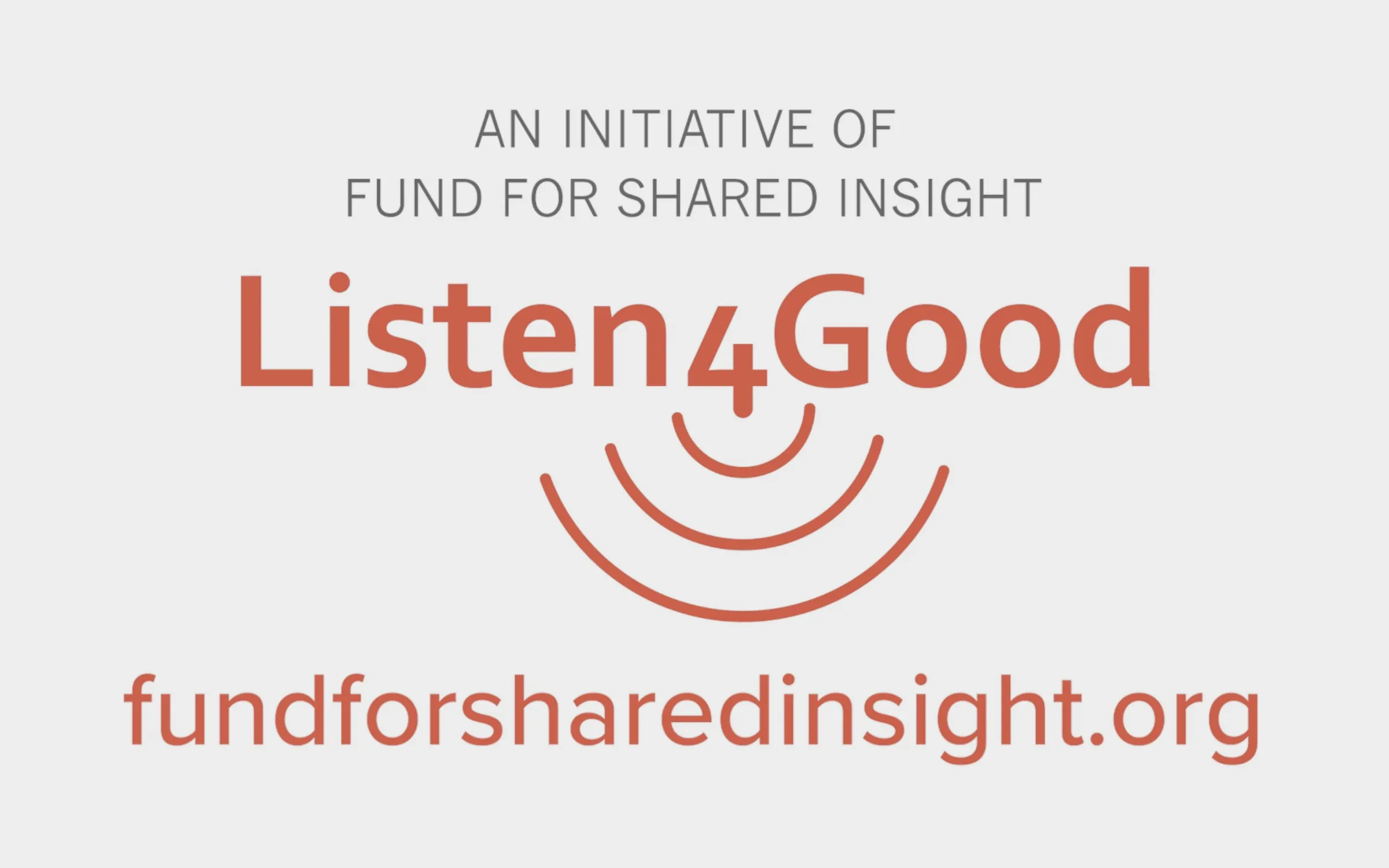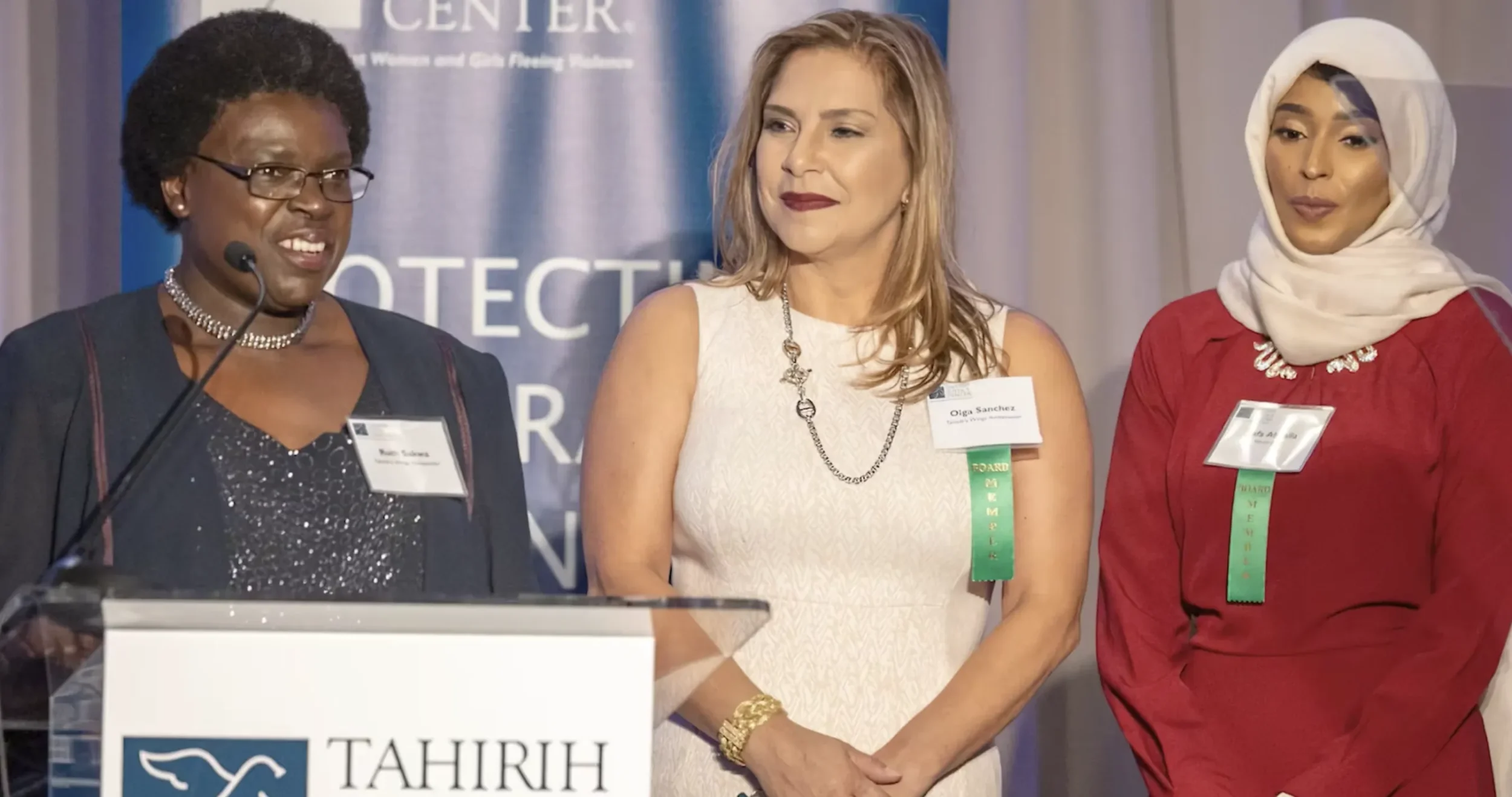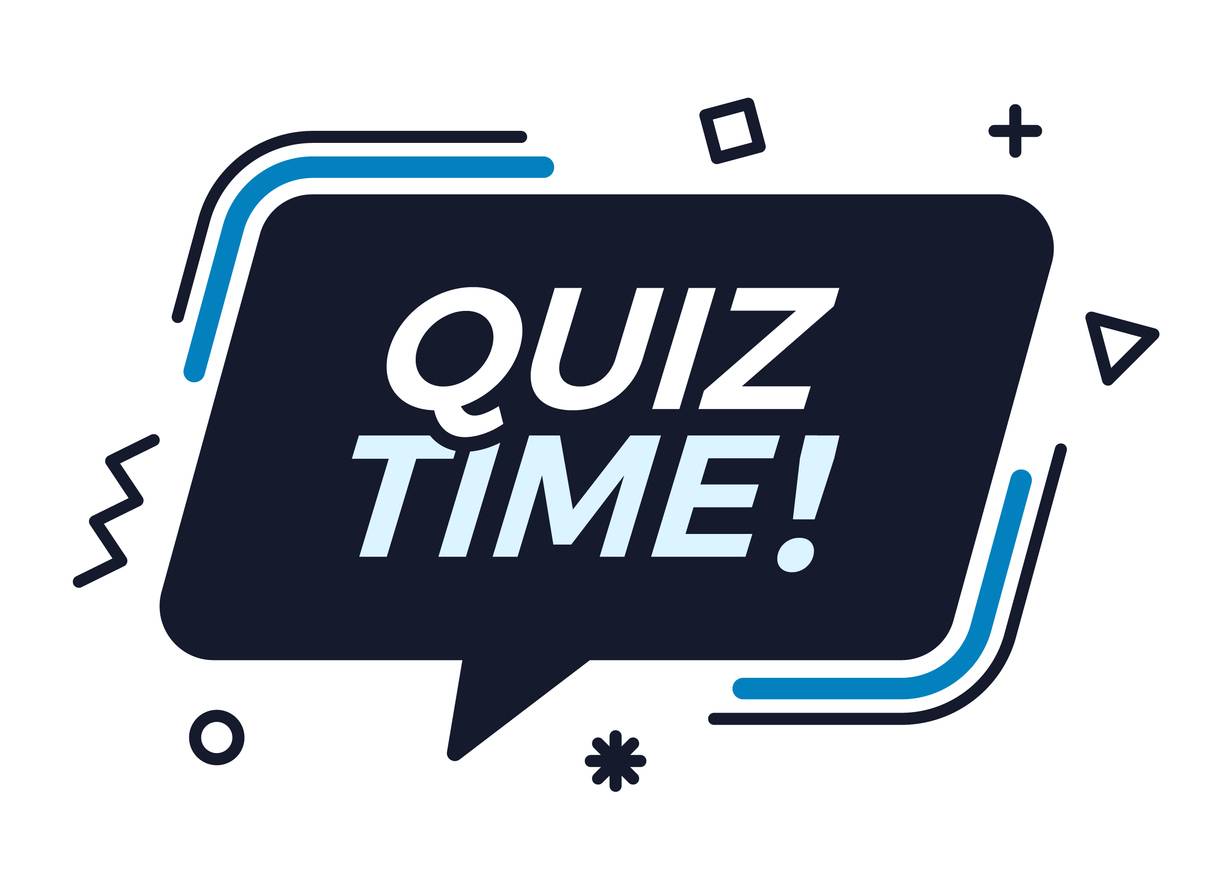International development research is often guilty of perpetuating colonial power dynamics. These dynamics show up when researchers design studies with a western gaze, fail to support local leadership in carrying out the study, or neglect to communicate the results of research back to the communities who have contributed to the project. Whilst we still have a long way to go, we have tried to combat these harmful practices in some of our research projects. Recently, during a research project in Uganda, we flipped the script on research project expectations and stepped into a mentorship role. We co-designed the tools and provided initial insights, but gave local researchers the chance to use their local knowledge to lead enumerators’ training and to collect mixed methods data. Though these deliberate power-shifting practices are helpful, there is still so much that needs to change. What we really need in the international development research field is a seismic shift on how we see power and expertise, which has been usually shaped by hierarchies of race and white savior mentality, as voiced by Global South scholars and practitioners.
In the age of COVID-19, the international development research sector has been forced to change our work in new, innovative and dramatic ways. Beyond the human and economic devastation caused by the virus, COVID-19 has created logistical barriers for research studies. In-person data collection is no longer an option for researchers based in the ‘Global North’. The objectives of the research need to be scrutinized to be compliant with ethical guidelines in this new context and for the research to be conducted only if it would directly benefit research participants. Research methodologies now need considerable adjustments in terms of sample size and encourage creative ways to gather data such as photo essays, audio and written diaries, or phone conversations. Digital technologies and social media platforms such as WhatsApp or Facebook can also play an important role in this process.
This disruption presents an opportunity to move to a more mutual, equitable research process. Already, research practices have shifted in response to COVID-19. Here are just a few that we have observed:
Research is organically becoming more localized. COVID-19 has shifted the knowledge creation process from ‘global north’ researchers going to the ‘Global South’ to people from the ‘Global South’ leading the process. Prior to COVID-19, local partners were kept at arm’s length. Often, they are contacted after a project’s technical and financial proposals are already approved. This often limits their responsibilities to logistics and sharing knowledge, but not helping in the proposal process – where local knowledge is most needed. Now, researchers are heavily relying on local partners to facilitate fieldwork while travel is restricted. Local partners are leading data collection, getting a bigger say in how and what questions are asked, extending these to local stakeholders such as community leaders. As local partners are given more agency in projects, researchers are starting to reflect deeply on the power dynamics of the field.
Co-design is improving. Until locally led research becomes the norm, it is necessary for global north research organizations to bring local partners into the full research process. Research organizations tend to only share out a study’s key findings with their donor and local partners. The current situation has exposed the necessity to grant local partners and local leaders access to all of the datasets and background knowledge of a given study so that they can utilize the data and findings that are owed to them to implement community-based interventions. This creates a new opportunity for co-design, since local partners can truly read into the details of a project and be able to offer more than mere suggestions at all stages of the process.
Digital development is accelerating. Covid-19 is also encouraging investment in digital infrastructure. Currently, inception meetings, workshops, knowledge sharing and other key research related events that were planned to be face to face and dependent on the budget of donors are now taking place online. Localization means that researchers are becoming heavily reliant on local partners’ access to the internet to plan the research and to keep in touch whilst conducting the data collection. Similarly, during lockdown, local researchers were only able to contact research participants via phone, increasing the need for effective network accessibility. In Ghana, network optimization is accelerating because of the recent surge in both voice and data usage following a mass behavioral change due to Covid-19. Hence, the internet is no longer a “nice to have” resource for international development practitioners. Closing the digital divide for researchers in the ‘Global South’ will offer new opportunities to shift power and decision-making to the ‘Global South’.
These changes represent a unique moment to shift the international development research field to more equitable, mutual practices.
If you are looking to shift your work towards decolonization, we recommend you to:
- Learn about and acknowledge oppression. Colonial mindsets and white savior mentality plague more than just research projects, as we have seen from the recent surge in the Black Lives Matter movement. If you are an international development researcher or practitioner, make time to engage in conversations and training on these topics. In our sector we can no longer ignore how racism, colonization, geographical location, and privilege compound, and these processes need to inform our research work if we want to avoid perpetuating structural inequalities.
- Highlight the historical and current effects of colonialism and inequality. The past cannot be changed, however we still need to acknowledge it, and unravel how the recent problems facing the countries where we work (poverty, climate change, class, racial and gender inequalities) are very much caused by the historic involvement of the ‘global north’. Understanding these historical and social processes are key to proposing solutions and to hold stakeholders accountable.
- Use research to support processes of reparation and social justice. Global north’ countries have been called to pay reparations for the violent extraction of materials, taxes, slaves, and knowledge committed during the colonial past. Development policy, research and practice can be used to meet this call, and shift power, knowledge and resources to the ‘Global South’. This can be done by increasing funding and its control to local researchers and partners, and by allowing them to lead on shared projects according to their own research agenda.
- Go where communities are. Make it as easy as possible for people to access you, your data collection or your research findings. It is unfair to ask members of the community you’re studying to navigate out of their way to see the study results. Not sure how to reach the community you are surveying? Start with local partners – they can help identify good mediums of communication, whether it’s Facebook, radio or TV. Some mediums are more popular in certain countries. For example, in Ghana, TV is the main medium in some areas and was used for teaching children’s classes during COVID-19.
- Avoid language and jargon. International development is filled with jargon that can be hard to follow, even for seasoned professionals. Use plain language to communicate your points. Simple language will not only make your work more accessible, it will also improve your data collection and dissemination process. People will be more engaged in your research questions and your results if they understand what you are doing and why.
This is a transformative moment in history. Beyond the devastation of COVID-19, we are being forced to confront how our old methods have fallen short. This is an opportunity to think creatively and design a new practice. As international development researchers, we must use the lessons of this moment to dramatically redefine our practice to include trust, mutuality, and feedback from the start.
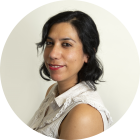 Carmen Leon-Himmelstine is a Senior Research Officer at the Overseas Development Institute. She holds a PhD in International Development from the University of Sussex and before joining ODI she was based at the Institute of Development Studies. Carmen writes about migration, social protection, gender, health and child poverty. She has research skills on qualitative and participatory research methods and has extensive field experience in communities in Latin America, the Caribbean, East Africa and South East Asia. Her research has been published in peer-reviewed journal publications, project reports and working papers.
Carmen Leon-Himmelstine is a Senior Research Officer at the Overseas Development Institute. She holds a PhD in International Development from the University of Sussex and before joining ODI she was based at the Institute of Development Studies. Carmen writes about migration, social protection, gender, health and child poverty. She has research skills on qualitative and participatory research methods and has extensive field experience in communities in Latin America, the Caribbean, East Africa and South East Asia. Her research has been published in peer-reviewed journal publications, project reports and working papers.
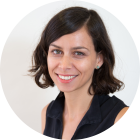 Melanie Pinet is a Research Fellow at the Overseas Development Institute. She holds a BA in War Studies from King’s College London and a MA in Religion in Peace and Conflict from the University of Uppsala. Melanie’s background is in M&E and policy analysis in complex contexts and conflict-affected countries. She is currently managing the Youth Forward Learning Partnership aiming to support an evidence-informed understanding of the needs of young people in Ghana and Uganda. She also writes about youth livelihoods, digitalisation and technology, peacebuilding and gender.
Melanie Pinet is a Research Fellow at the Overseas Development Institute. She holds a BA in War Studies from King’s College London and a MA in Religion in Peace and Conflict from the University of Uppsala. Melanie’s background is in M&E and policy analysis in complex contexts and conflict-affected countries. She is currently managing the Youth Forward Learning Partnership aiming to support an evidence-informed understanding of the needs of young people in Ghana and Uganda. She also writes about youth livelihoods, digitalisation and technology, peacebuilding and gender.
